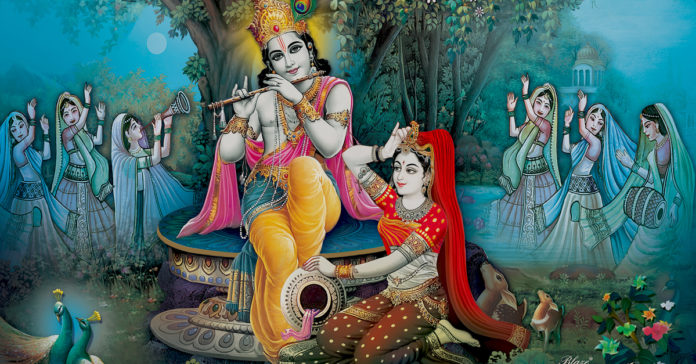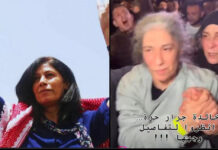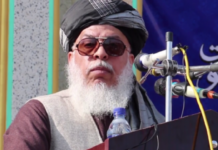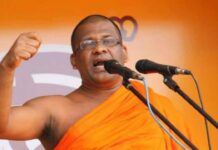The Indian education ministry has said that the teaching of Hindu religious traditions such as the Veda, yoga, Sanskrit and Hindu epics such as Ramayana and Bhagavad Gita will soon become mandatory in Islamic educational institutions.
The National Institute of Open Schooling (NIOS), an autonomous organisation under the Education Ministry, announced last week that it had prepared 15 courses on “Indian knowledge tradition.”
Education Minister Ramesh Pokhriyal presented the new curricula, lauding India as a “knowledge superpower.” According to the ministry, teachings on such topics will shortly be incorporated into madrasas.
The NIOS said it would initially launch the program with 100 madrasas, extending to 500 in the future.
But the program has drawn sharp criticism from senior Muslim clerics who feel that the courses are “unjustified” and “arbitrary.”
Some clerics even described the program as part of wider efforts of Prime Minister Narendra Modi’s nationalist ruling Bharatiya Janata Party (BJP) to “Hinduise” India.
“It is almost akin to asking medical colleges to teach the Quran and the Bible instead of what it was set out for,” Maulana Khalid Rasheed, of the Lucknow-based Darul Uloom Farangi Mahal Islamic seminary, told DW.
Subscribe to our newsletter and stay updated on the latest news and updates from around the Muslim world!
“The new education policy emphasises the creation of a sense of pride towards ‘Indianness’ within learners,” Rasheed said. “This goes against the directive of educational institutions,” he added.
Maulana Yasoob Abbas, a Muslim cleric, told DW that the program is “divisive” and “goes against the grain of constitutional principles.” He said the new mandatory teachings would “increase the fault lines” between India’s Hindu and Muslim communities.
“Would the current government accept the teaching of the Quran in the RSS-backed Sishu mandir schools?” he said, referring to the right-wing Hindu nationalist Rashtriya Swayamsevak Sangh (RSS) group.
Sharp criticism of the announcement has forced the Education Ministry to issue a clarification.
“Various subjects are offered to learners under this provision without any hard-line boundaries of fixed subject combinations unlike that in the formal education system. It is totally the discretion of the learner to opt for subject combination from the bouquet of the subjects provided by NIOS,” it said.
The ministry, however, did not specify whether it would still introduce Hindu epics into madrasas.






















